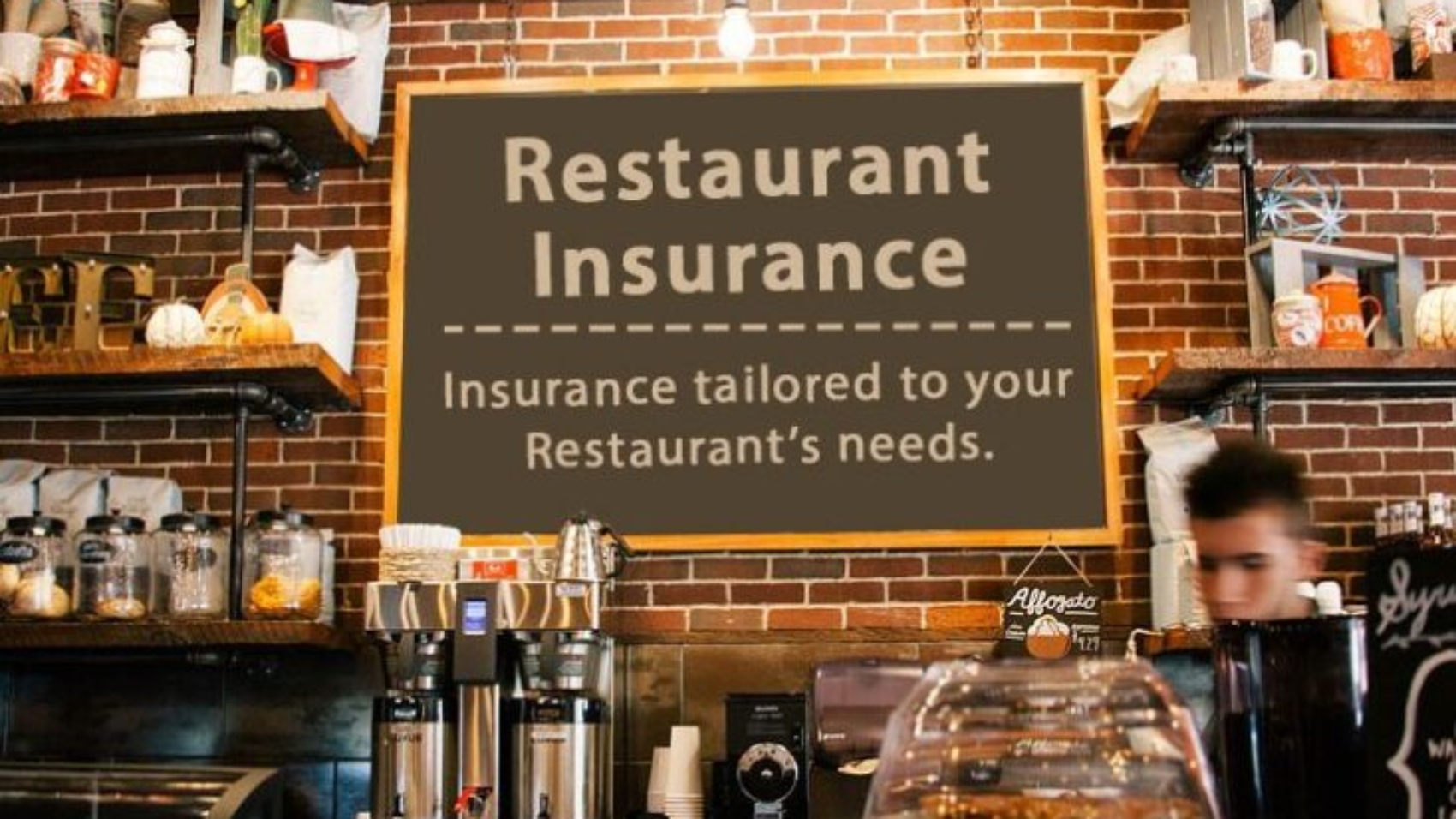Understanding insurance requirements helps protect a restaurant and make sure it’s compliant. Carrying restaurant insurance protects against accidents, illnesses, and lawsuits. Choosing the right policies can help avoid penalties, legal action, and shutdowns. Here are ways of aligning restaurant insurance with regulatory requirements:
Understanding Local Insurance Mandates
To be compliant, it is essential to understand the relevant regulations and laws. Counties and cities may require specific types of protection for food service operations, like food spoilage coverage for restaurants. General liability insurance covers claims for bodily injury, such as when a customer slips on a wet floor and is hurt inside the restaurant. Restaurants that sell liquor may need liquor liability insurance. Insurance companies can help explain Department of Labor requirements, like those related to workers’ compensation, so you stay in compliance.
Carrying Workers’ Compensation Coverage
Employers with one or more employees are required to carry workers’ compensation insurance in most areas. This insurance provides medical coverage and wage replacement for injuries incurred on the job. Since kitchens inherently carry risks of cuts, burns, and slips, workers’ compensation should be held by your restaurant. Businesses without this coverage face the possibility of penalties, stop-work orders, and liability for workplace accidents. As a restaurant adds more staff, it should update coverage amounts to reflect the increased risk and confirm all employees are protected under the policy.
Reviewing Liability Coverage Limits
General liability policies can specify minimum coverages based on the size and location of the business. Larger businesses typically require higher coverages due to higher foot traffic volumes. Adequate coverage fills gaps that leave liability more vulnerable to claims. Review your set limits at renewal time to make sure they remain in proportion to recent occupancy enhancements or expanded services. Insurance agents can help determine coverage levels that are representative of local standards. Increasing limits is not expensive, but it reduces exposure to claims.
Staying Current With Renewals
Restaurant licenses require proof of insurance at both issuance and renewal. Policy cancellation due to untimely payment can result in violations and even suspension of licenses until restoration. Showing sufficient proof of insurance to inspectors also confirms to them ongoing compliance. Prevent issues by creating an annual renewal calendar with deadlines to review, renew, and pay premiums before existing policies lapse. Submit current proof of insurance promptly after each renewal to meet licensing requirements. Make the investment of keeping your policies and certificates in an easily accessible location in case of unannounced inspections.
Working With Industry Experts
Insurance mandates need to be navigated with industry knowledge, so collaborating with agents who specialize in restaurant insurance can help. They possess knowledge of current regulations and are aware of where gaps in coverage create increased liabilities. Agents further facilitate changing your coverage as your business evolves, from expansion to additional offerings. Committing to mitigation measures can help keep premiums low in the long term.
Enroll in Restaurant Insurance Today
Adhering to insurance requirements helps restaurants avoid penalties and remain in good standing with regulatory agencies. The right commercial insurance solutions help shield restaurants from accidents that could result in lawsuits. Evaluate your operations and review your restaurant’s insurance requirements to determine the necessary coverage. Get insured today so you can focus on serving customers tomorrow.

